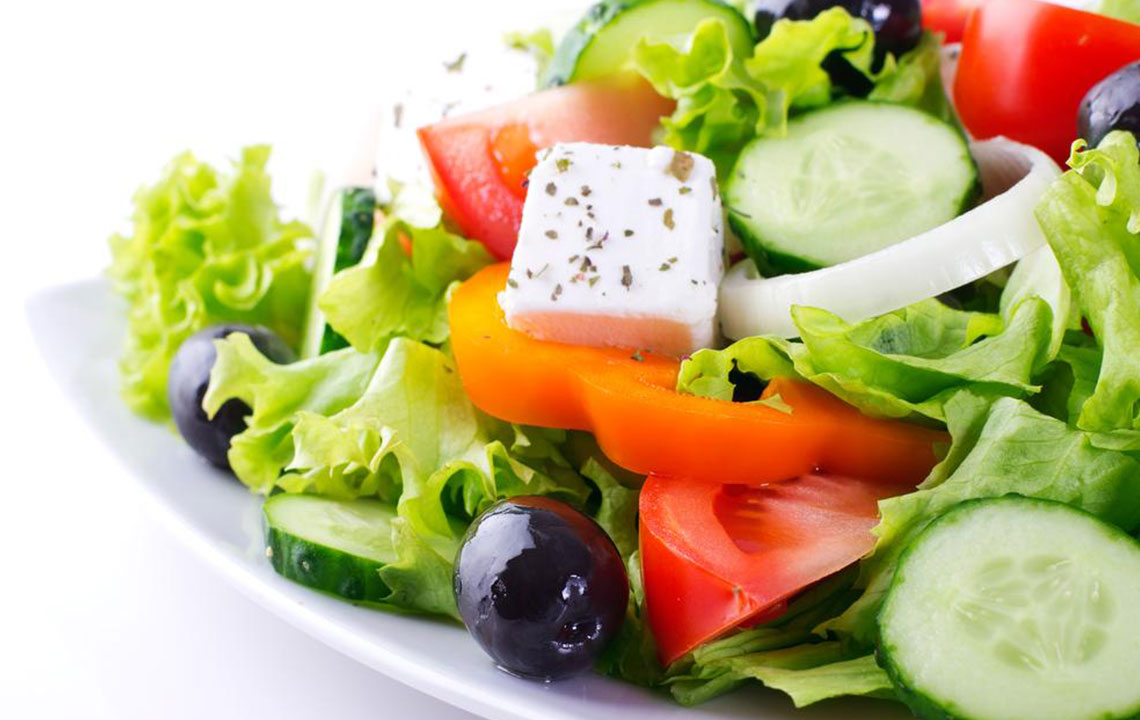Essential Tips to Successfully Begin a Paleo Diet and Avoid Common Pitfalls
Embarking on a Paleo diet can boost your health and support weight management, but common pitfalls can hinder progress. This comprehensive guide helps new adopters understand how to avoid mistakes like neglecting healthy fats, over-consuming protein, improper cooking methods, and excessive restriction. Incorporating practical tips for balancing nutrients, managing portion sizes, and maintaining flexibility makes the journey smoother and more sustainable. With the right knowledge and mindset, anyone can successfully adopt a Paleo lifestyle, reaping its long-term health benefits while enjoying delicious, natural foods.

Essential Tips to Successfully Begin a Paleo Diet and Avoid Common Pitfalls
Embarking on a Paleo diet can be a transformative journey toward healthier living. The focus of this dietary approach centers around consuming natural, minimally processed foods while eliminating grains, vegetable oils, dairy products, refined sugars, and processed foods. Instead, the diet emphasizes high-quality proteins and healthy fats, with allowance for some carbohydrate intake primarily from fruits, vegetables, and nuts. However, many beginners encounter common mistakes that can hinder progress or lead to frustrations. Understanding these pitfalls and how to avoid them is crucial for achieving your health or weight-loss goals effectively.
Avoiding Healthy Fats: A Common Misconception Many newcomers mistakenly believe that all fats are detrimental and should be completely cut out when starting a Paleo diet. This misconception can lead to unintentional nutritional deficiencies and decreased energy levels. In truth, healthy fats are essential for providing sustained energy, supporting brain health, hormone production, and overall wellness. Sources of healthy fats include avocados, nuts, seeds, olive oil, and fatty fish. Incorporating these into your diet helps maintain satiety, balance blood sugar levels, and promotes long-term health benefits. Eliminating fats entirely can cause fatigue, sluggishness, and increased hunger, making adherence to the diet more challenging.
Overconsumption of Protein: Striking the Right Balance A common tendency among beginners is to prioritize protein intake, often leading to consuming excessive amounts of meat, eggs, and other protein-rich foods. While protein is a vital component of a Paleo diet, overdoing it at the expense of other food groups can create nutritional imbalances. An excessively high protein intake may strain the kidneys and increase intake of saturated fats if not balanced properly. To maintain nutritional harmony, include a variety of fruits, vegetables, nuts, and seeds alongside your proteins. This ensures a comprehensive intake of vitamins, minerals, fiber, and antioxidants that support overall health.
Cooking Techniques and Fats Although methods like grilling, broiling, and steaming are common in Paleo cooking, they might inadvertently strip foods of their natural fats or miss the opportunity to incorporate healthy oils. Instead, focus on cooking techniques that retain or add beneficial fats, such as pan-frying with olive oil or roasting with coconut oil. These methods enhance flavor and nutrient absorption. Healthy fats are vital for energy, hormone regulation, and cellular functions. Therefore, don't shy away from using quality fats in your cooking; instead, aim to incorporate them thoughtfully into your meal preparations.
Managing Portion Sizes and Nutrition Intake Many beginners mistakenly reduce portion sizes excessively in an attempt to lose weight quickly, which can backfire by depriving the body of essential nutrients. Adequate portions are necessary for maintaining energy levels, preventing deficiencies, and supporting metabolic health. Focus on listening to your body's hunger cues and eating balanced meals that contain sufficient proteins, fats, and carbohydrates. Proper portion control combined with nutrient-dense foods ensures sustainable progress and helps avoid feelings of deprivation or fatigue.
Flexibility and Self-Compassion Transitioning to a Paleo diet can be overwhelming, especially at the outset. Strict self-imposed restrictions may lead to frustration and cravings, increasing the likelihood of abandonment. Incorporating flexibility, like the widely recommended 80/20 rule—where 80% of your meals adhere to Paleo principles and 20% allow for treats—can foster a positive experience. Being kind to yourself, celebrating progress, and understanding that setbacks are part of the journey makes it easier to stay motivated and consistent over the long term.
In conclusion, starting a Paleo diet requires mindful planning and a balanced approach. Avoid misconceptions about fats and proteins, incorporate healthy cooking methods, manage portion sizes wisely, and practice patience and flexibility. By being informed and realistic about your expectations, you'll be more likely to experience the health benefits and sustainable success associated with the Paleo lifestyle. Remember, the key to lasting change is consistency, knowledge, and self-compassion.





